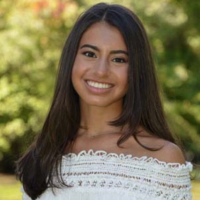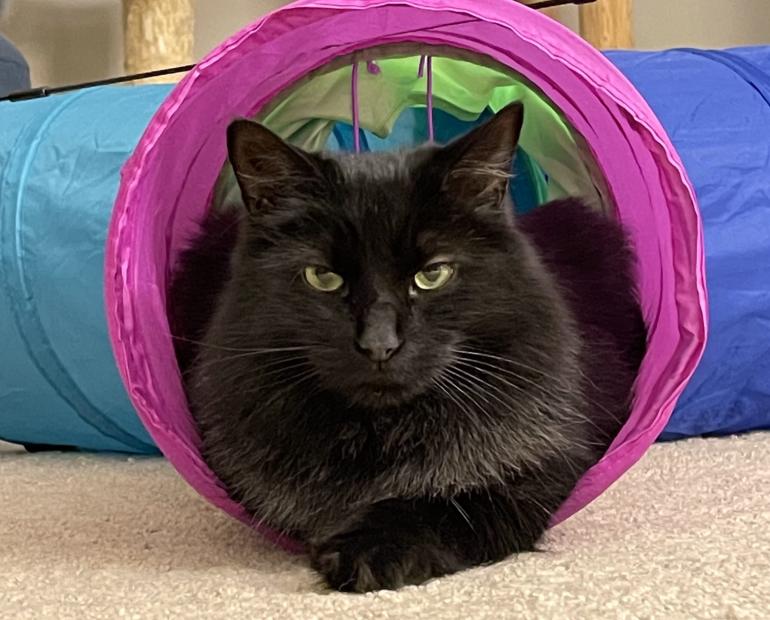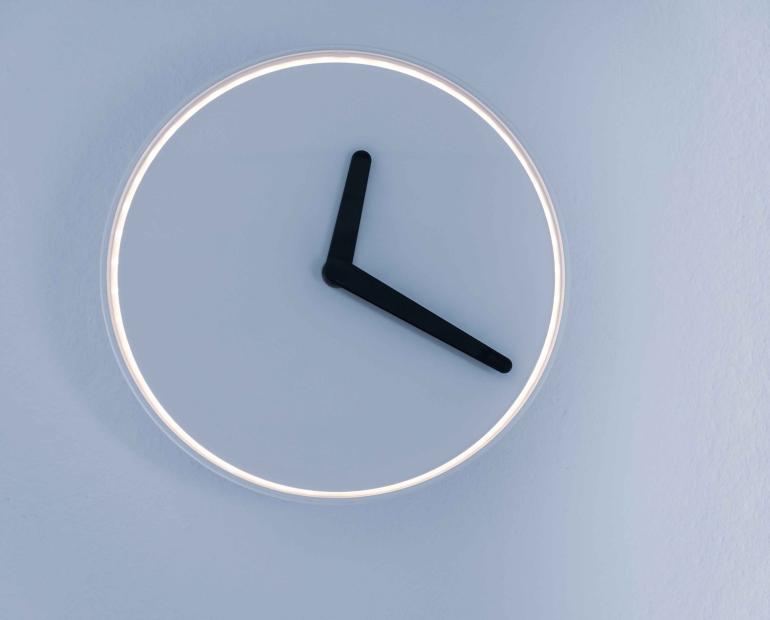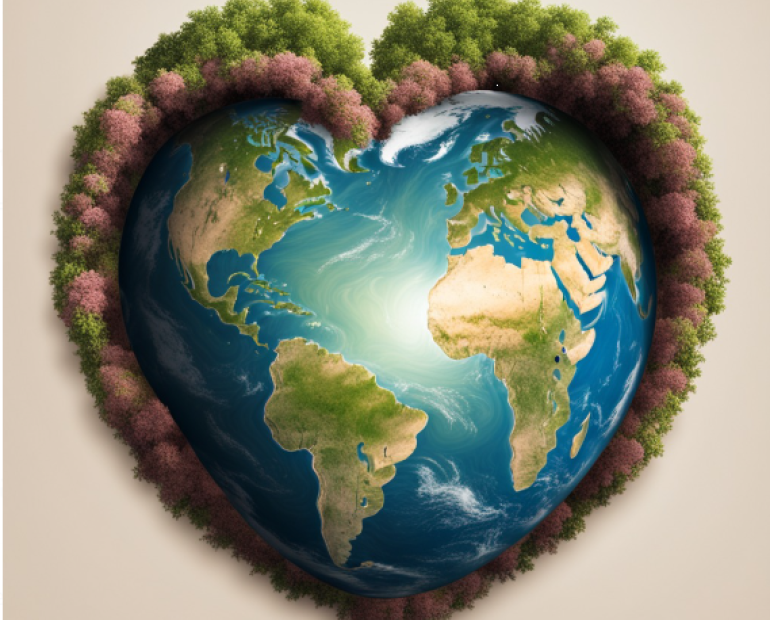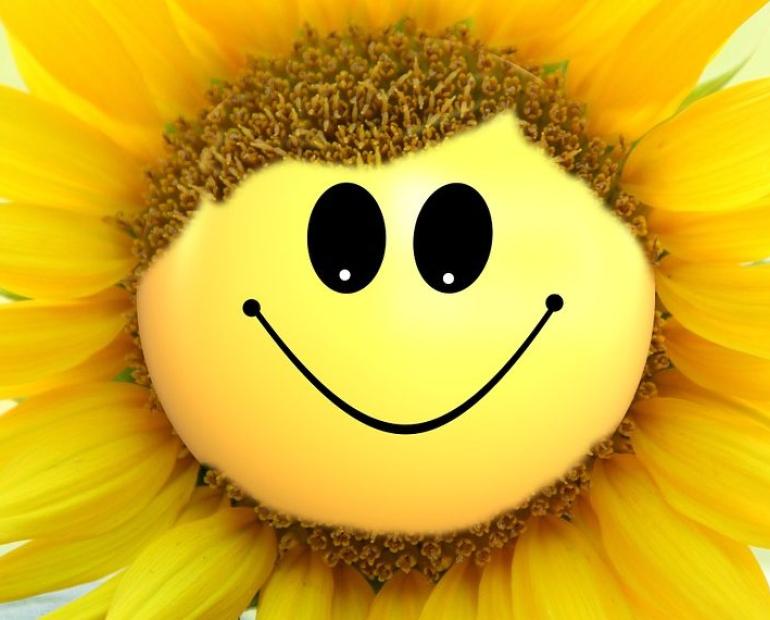
I have been waiting to write this.
It took me so long to find the words.
I’m still not sure I have them.
While I was waiting, there have been twelve more mass shootings. But today, that’s not what I want to talk about.
………………………..
I didn’t have my phone on me all day. It was the first day in so long I had gone over twelve hours without hearing any kind of news. I finally arrive home, walk through the door; the television is on. I see the breaking news banner at the bottom of the screen. In a world where everything seems to be breaking news, I turn it off and walk away. I wake up the next morning.
The notifications on my phone begin to buzz in:
11 Killed in Tree of Life Synagogue Shooting.
The Largest Anti-semitic Act in American History.
Gunman shouts ‘All Jews Must Die’.
When you awake to headlines that could have been from Nazi Germany in 21st century America, there’s a problem.
Why do people hate us so much?
Nobody should have to wake up asking this question.
But on October 29, as a multi-generational American Jew, that is exactly what I did.
But it is not only Jews – many others live with this question pulsing through their mind.
I had always felt safe to put the menorah in the window, to wear my ring with the words לך לך engraved across. No matter how far the Diaspora had spread us, we came together in tight-knit communities; Kehila Kedosha, the keeping of this holy community that traverses space and time, had kept a faith and a people alive as history turned against them time and time again. But how many times had I thought to take that ring off before traveling, before meeting someone new? How many times had I dismissed anti-Semitic comments or posts as nothing more than a mean-spirited joke? As do many minorities, we grow accustomed to what should never be a normality; we think that what we cannot see is not happening. We forget that the words we hear are already the actions of someone else – what happened in Pittsburgh did not cause others to attempt to burn down synagogues, draw swastikas on the sidewalk, or shout derogatory comments at a silent passenger on a train. Pittsburgh was only the reminder of the senseless hate Jews have been met with throughout all of history, and that as long as we are Jewish, we will always be a target. For a target of less than two-percent of the population, no matter where the arrow or bullet or spiteful words strike, we will all feel the blow.
As I’ve grown older I have come to understand that assimilation does not mean freedom from discrimination. What happened in Pittsburgh could have happened anywhere – it could have been my hometown, my grandparents. My grandparents were all I could think about. I ask this not as a Jew, but as a person: do not make this about politics, about religion, about Israel. To say “But Israel–” is to dehumanize the lives of those lost– challenging a nation’s policies is not anti-Semitic; using policies you disagree with to justify a slaughter is. This is not about what you see on the news– it is about the families that are like your own, the worried mothers and tired fathers, and those of us growing up in a world where hate only seems to be getting worse. I value religion, I am not devoutly religious– and yet it does not change my fear. Growing up, I never felt the way I do today. Yet the more I became involved in global issues, the more I sought opportunities in human rights, sustainable development, and conflict resolution, the more I realized how even some of the most open-minded individuals still do not like nor understand Judaism. Perhaps hate would be too strong of a word in this context; it was more as if there was a connotation to Jew that I did not want to know. Jew meant Israel and Israel meant violence– it never mattered how tolerant they said they were, many refuse to see the people behind a religion that is often mischaracterized. The people behind the race, the nation, the gender, the party, are always more important than the thing itself. We need to separate our politics from our humanity, to see beyond what history has told us to.
I know I am not the only one that feels this way, Jewish or not.
Yet I have a hope within. Hope is my identity, my middle name, one of the many traditions my family, and my religion, has given me. The night following the shooting, I sat clutching my mother’s arm, choking back tears with a quivering lip. I cannot remember ever crying as I did during that interfaith vigil– out of mourning, out of frustration, out of an all-encompassing feeling of love, of oneness, of a connection between strangers embedded in the deeper meaning of shalom. In that room which paralleled hundreds of other gatherings across the world, I felt that there would never be a right or wrong religion. Religion both unifies and divides– it sends us to war, and calls upon us to grieve when the battle ends. A room filled with preachers and pastors and nuns and rabbis reminded me that religion can still unite those of different faiths, for it is in moments like these we realize the holy war to wage is against the enemies of the virtues we share.
The rabbi had shared a story of a young boy who found broken glass on the side of the road prior to the years of the Holocaust. He made a game out of using a shard of glass to reflect light in the darkest of places, making it shine where nobody believed it ever could. As he grew older, his childhood game became a metaphor for his life. As xenophobia, anti-Semitism, and Islamophobia surge across the United States and much of Europe, let us learn how to reflect the light into the darkness we now see.
The light that is always there– the light it is up to us to reflect.


